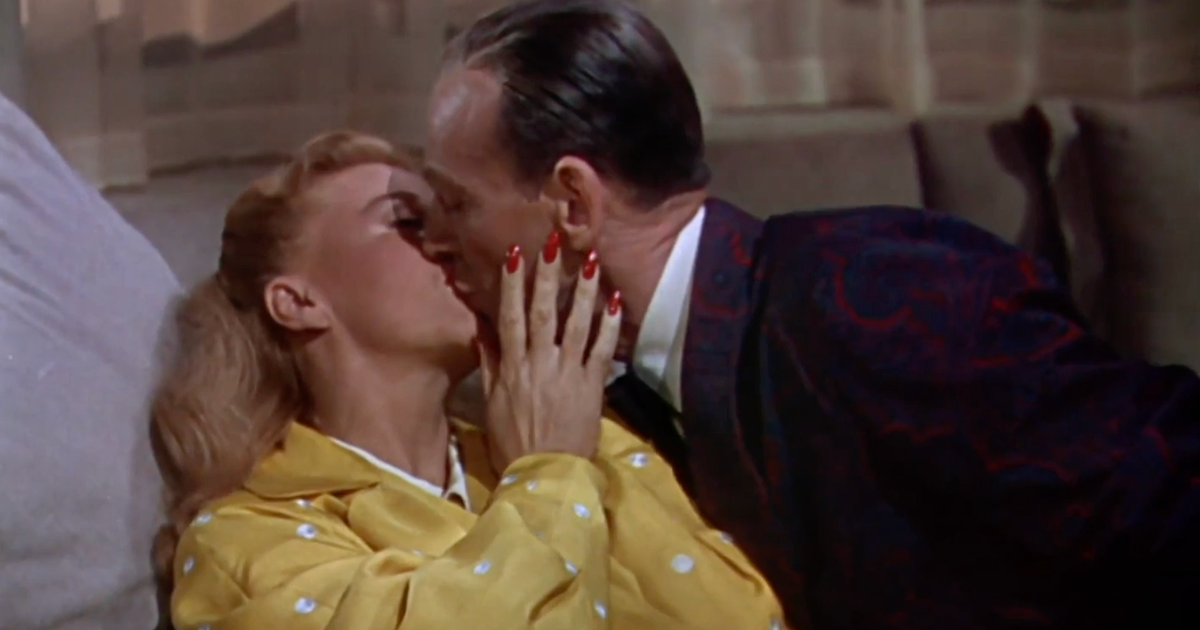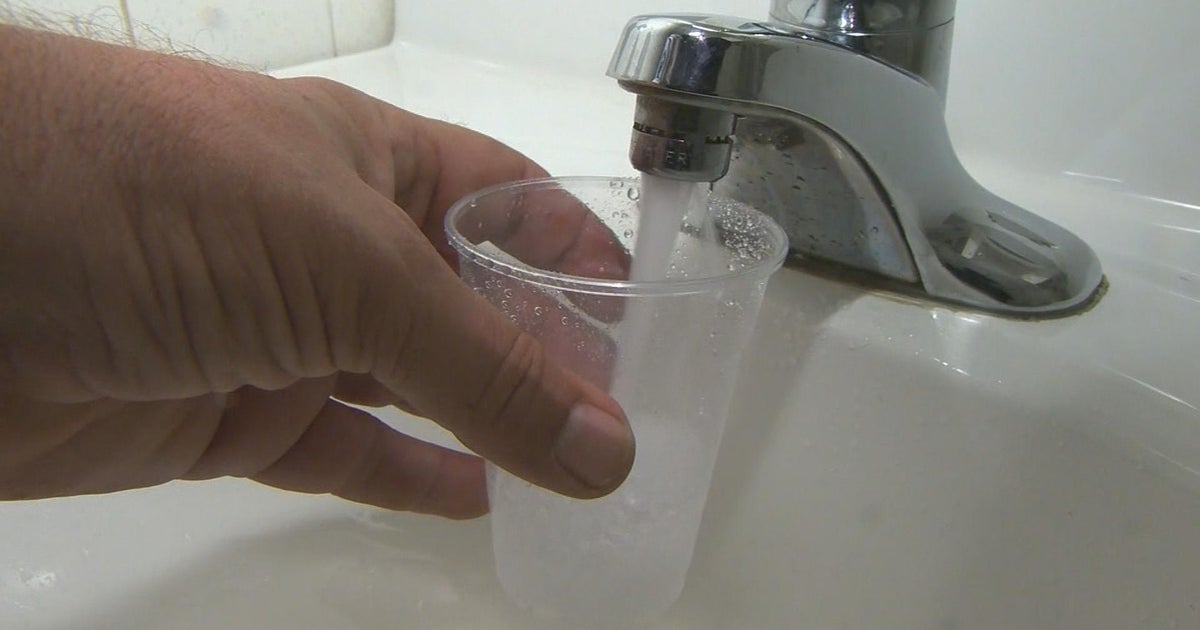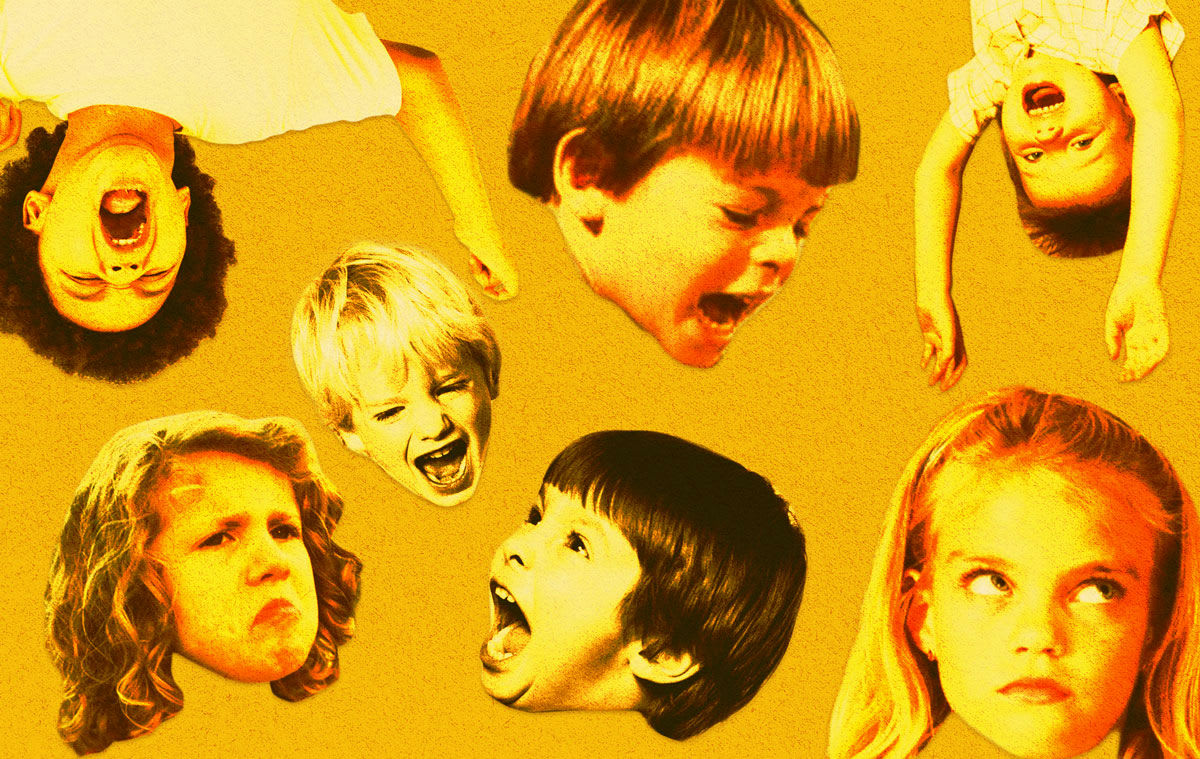Gazing into the future: What life, work and travel could look like in 2021
2020 brought changes and challenges to our daily lives, thanks to the coronavirus pandemic. A recent American Psychological Association study found 65% of adults say the amount of uncertainty in the nation causes them stress.
While no one can forecast exactly how 2021 will unfold, futurist Erica Orange, a partner with consulting firm The Future Hunters, shared some predictions with "CBS This Morning."
Orange expects there to be permanent changes to industries and businesses, affecting supply chains, operations and workforces.
"It's like we're being shot through a cannon and almost overnight, global circumstances have changed dramatically and this is really setting the stage for everything that we see happening when it comes to the future of work," she said.
The Future Hunters help clients in tech, pharmaceutical and government identify trends that could affect business. One of those trends the firm is closely watching is working from home.
"Even after we get the vaccine, people are still going to be nervous about going into a physical office," said Orange. "Although at the same time, those that do have to report to a physical office, they're going to need that space to be redesigned and reinvented."
Research shows that COVID-19 is spread mainly through close contact between people. Companies and businesses in 2021 will have to keep this in mind as their employees return back to normalcy. Sophisticated technology such as self-cleaning elevator buttons could be seen in buildings in the upcoming months.
"This is going to be even more pronounced in the major cities where people are much more crammed together. We're also going to be seeing many more people relying on automation," Orange said.
Some tech giants such as Twitter have offered employees the choice to work from home indefinitely. Others are pushing back their reopening dates. Google has announced that it will keep employees home until at least September.
With empty office buildings in places such as New York, San Francisco and Los Angeles, Orange believes that major cities will have to adapt in more ways than in 2020.
"Just like how work is going to be completely reinvented and reimagined, we too have to reinvent and reimagine our physical cities. Transportation and infrastructure are going to go through tremendous changes," Orange said.
This also includes local coffee shops and restaurants that are heavily affected by foot traffic and by the revenue employees of nearby office buildings bring.
"I see a lot of these proprietors having to reinvent how it is that they reach out to workers when they aren't coming into a physical office. It's why the entire supply chain is being disrupted," she said.
The changes that the pandemic has brought is impacting the travel industry with both families and businesses seeking alternative ways to travel.
"It's going to be different and I see it playing out on both ends of the spectrum. What I mean by that is we're going to see the growth of high-tech travel and on the other end, we're going to see the growth of low-tech travel," she said.
High-tech traveling includes virtual reality and augmented reality. Experts predict that in 2021, travelers will look to technology to immerse themselves in places they cannot go.
But what experts believe is making a return to 2021 is nostalgic ways to travel. Cross-country trips with family and friends, visiting national parks and traveling via RV will likely be a popular option for the future of travel.
Orange says travelers "are kind of going back to basics and just engaging in much more simplistic acts of travel."



